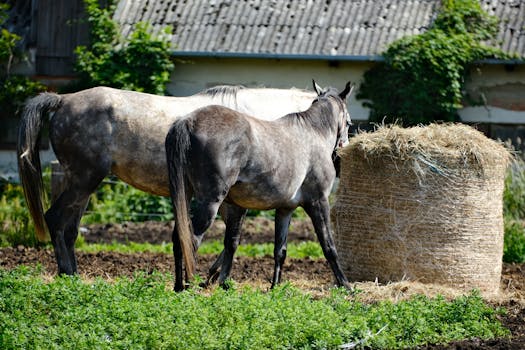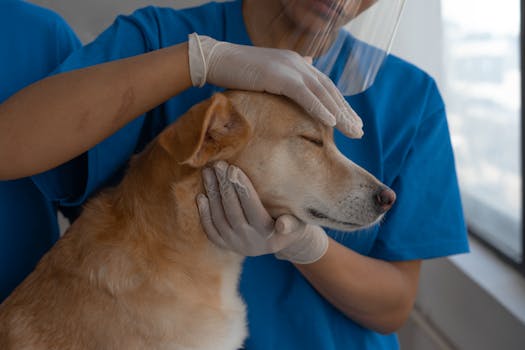You could take a college course in animal care to get some of the skills and knowledge needed in this job, for example:
- animal care
- practical small animal care skills
- animal management
- pet care in retail
- T Level in Animal Care and Management
Entry requirements
Entry requirements for these courses vary.
4 or 5 GCSEs at grades 9 to 4 (A* to C), or equivalent, including English and maths for a T Level





